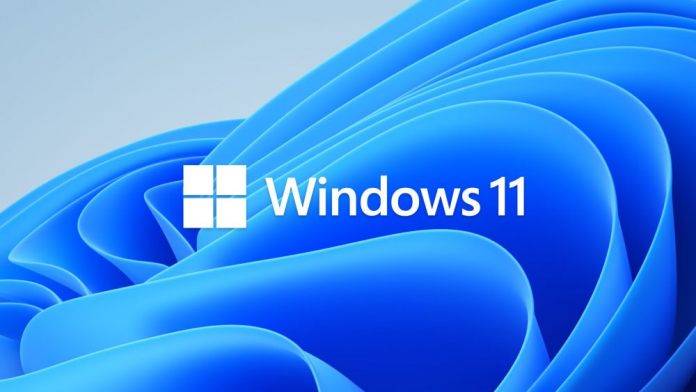Microsoft has announced a major security update aimed at bolstering the security of Windows operating systems. The tech giant is set to end support for RSA encryption keys that are shorter than 2048 bits in length. This move is designed to ensure that TLS (Transport Layer Security) server authentications are more secure, effectively blocking access to websites and web-based applications that use outdated and potentially less secure cryptographic standards.
The Importance of Longer RSA Keys
The decision to deprecate shorter RSA keys is grounded in modern security standards and best practices, which recommend the use of at least a 2048-bit RSA (Rivest–Shamir–Adleman) or a 256-bit ECDSA (Elliptic Curve Digital Signature Algorithm) cryptographic key. Compared to the 1024-bit RSA key, which offers 80 bits of security strength, a 2048-bit key provides 112-bit strength, significantly enhancing the security of digital communications and transactions.
Microsoft's website details the update, stating that “support for certificates using RSA keys with key lengths shorter than 2048 bits will be deprecated.” This change is in alignment with internet standards and regulatory bodies that, as of 2013, have disallowed the use of 1024-bit keys, specifically recommending RSA keys to be 2048 bits or longer. While TLS certificates issued by enterprise or test certification authorities (CA) are not directly impacted by this change, Microsoft recommends updating these to RSA keys of 2048 bits or more as a security best practice.
Broader Security Initiatives by Microsoft
This update is part of a series of security enhancements Microsoft has been implementing to protect Windows users. In addition to the RSA key update, Microsoft has also announced updates to its Windows 8-era Secure Boot keys and suggested the introduction of more TPM-like security chips, potentially akin to Pluton. Furthermore, the Windows kernel is undergoing improvements with a focus on better memory security, including a transition to using the Rust programming language for certain components.
These measures reflect Microsoft's ongoing commitment to enhancing the security of its software ecosystem and protecting users from emerging threats. By requiring stronger cryptographic standards, Microsoft aims to safeguard data integrity and confidentiality across its platforms, ensuring a more secure digital environment for all users.






